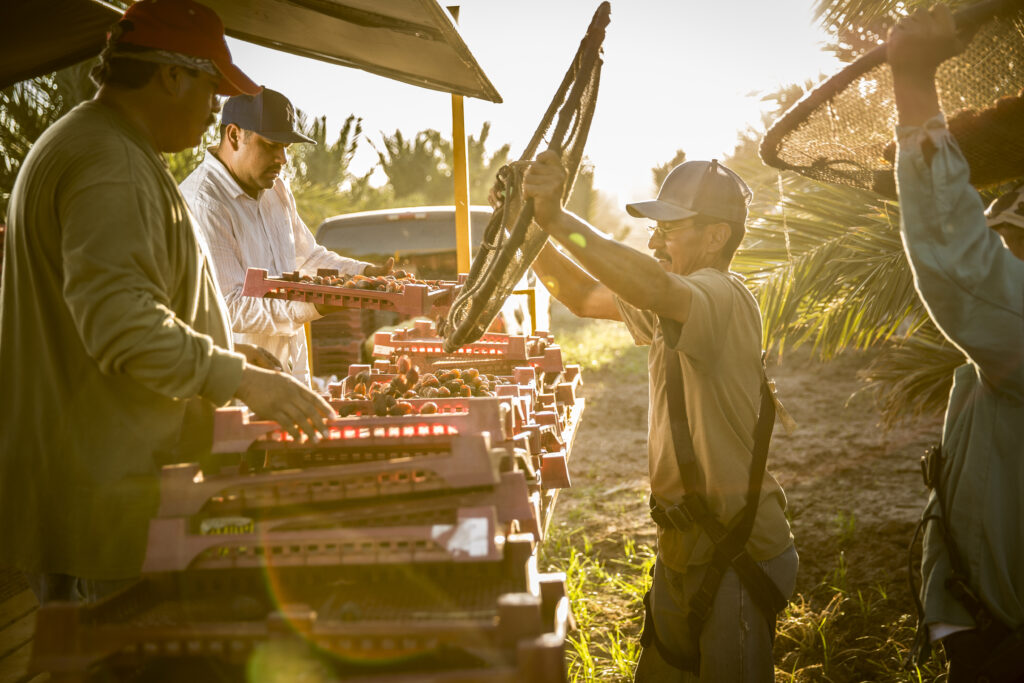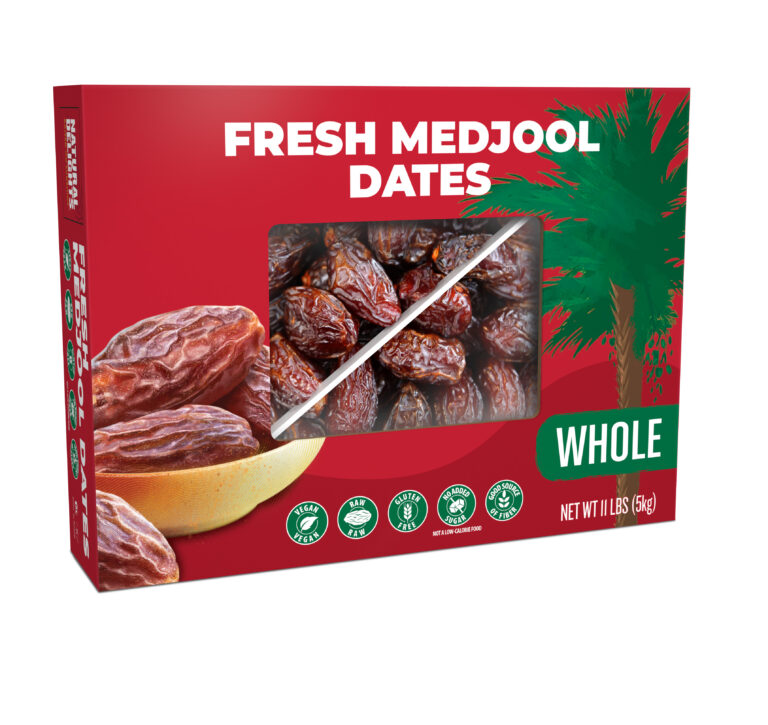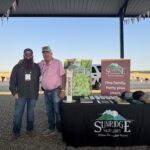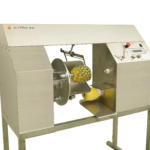Natural Delights’ Medjool dates: A harvest of tradition and innovation

By Natural Delights
From harvest to consumption, Medjool dates are a fruit of both heritage and vanguard. Throughout their production, each date comes in contact with a piece of history in a journey to millions of homes around the world.
For this to be possible, the product needs to reach optimal shape, which requires a very specific set of growing conditions. Fortunately, date experts at Natural Delights have found the perfect location, where high heat, low humidity and plentiful water meet.
Within a 150-square-mile radius at the intersection of Arizona, California and Mexico, Bard Valley is home to America's favorite Medjool dates. The area stands out for its ideal weather conditions, with consistently warm temperatures and an advantageous proximity to the Colorado River.
None of this is accidental, as date palms need to be tended to year-round to be able to bear good quality fruit. But, how did this African fruit become the starting point of a multi-product brand?
In 1944, date palms were suffering from severe extinction in their native country of Morocco. In an effort to preserve these plants and, by extension, their fruit, 11 palms were transplanted. Six offshoots from those surviving Medjool palms arrived in Bard Valley, California, to give birth to what would become the largest date growing region in the U.S.
Today, almost all of the Medjool date palms in the southwest U.S. can be traced back to the original six offshoots. However, although their origin is a very rich and historic one, their current processing and preparation requires not only care but also technology.
A journey through history and modernization
During the 90s, new growers joined the organization, and existing operations expanded. This growth was both driven and supported by strong demand for Medjool dates from consumers. In 2002, the group opened the grower/packer company Datepac to ship from under one roof to customers all over the world with unified quality and food safety standards.
As demand for Medjool dates continued to grow in the U.S. and globally, the Natural Delights brand was born. The Bard Valley Date Growers now packing under one brand, instead of many, began to emphasize the many health benefits of the fruit.
Consumers were introduced to a “new” product, capable of replacing sugar and other synthetic sweeteners to simply provide a healthy and quick snack.
Labor of love
The growing process begins in February with dethorning and trimming. Each date palm is hand-pollinated in early spring, and in mid to late spring the fruit trees are thinned to allow space for the largest and highest quality dates to grow.
In the midsummer months, when dates become larger in size and sweeter in flavor, they are bagged to keep pests away and to ensure good fruit doesn’t fall to the ground. At the end of summer, the dates are finally ready for harvesting. From there they are sent to sorting and packaging facilities, where only the best dates make it into a Natural Delights package.
As the category leader in North America, the brand is equipped with innovation, marketing support, and merchandising expertise that continues to drive new consumers to the date sector.
The company has recently re-launched its famous date rolls under the new Mini Medjools line and has seen an overwhelmingly positive response. Mini Medjools are available in many different package sizes, and in Cacao Pecan, Sweet & Salty Almond, and Coconut flavors.
Another newcomer to the Medjool date family is Truffles, which are the perfect combination of naturally sweet Medjool dates and decadent chocolate. The product is currently available in three flavors: Chocolate Blueberry, Dark Chocolate with Probiotics, and Chocolate Cherry.













































